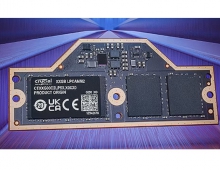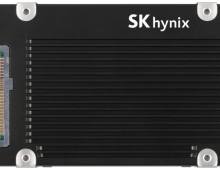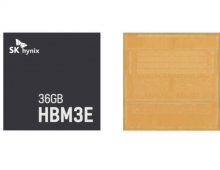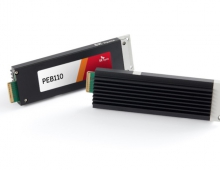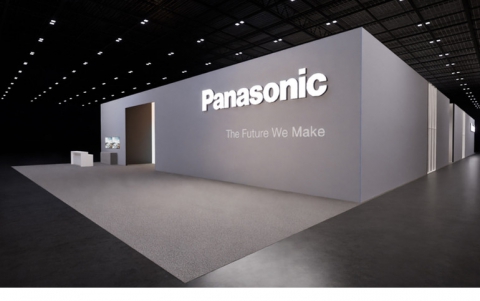
Rambus Says Wins Memory Chip Patent Case
Rambus said on Wednesday it won a key case in a long-running patent lawsuit.
The jury rejected claims by three large memory-chip makers, Hynix Semiconductor Inc , Micron Technology Inc and Nanya Technology, that Rambus deliberately misled the memory chip industry in the 1990s when new standards were being hammered out.
They claim Rambus failed to disclose it was seeking patents on the technology that was then being worked into standards for chip production.
Analysts have estimated Rambus could eventually collect royalties of anywhere from hundreds of millions to billions of dollars over the next decade. It is not yet clear when Rambus might receive any back royalties.
The U.S. jury held there was no anti-competitive behavior by Rambus in its activities with a memory chip industry standards body and that the company did not commit fraud in its attempt to protect memory chip patents.
Micron said it planned to appeal the verdict.
"Micron believes that Rambus has engaged in a pattern of deception, destruction of evidence, false testimony and other improper activities designed to mislead and to extract unjust patent licensing fees and damages. We will continue to vigorously advance our claims that Rambus has engaged in a variety of illegal activities designed to injure Micron," said Rod Lewis, Microns Vice President of Legal Affairs and General Counsel.
Wednesday's verdict comes after a judgment against Hynix in 2006 that resulted in a $133 million award to Rambus, and potentially clears the way for Rambus to collect on that verdict.
They claim Rambus failed to disclose it was seeking patents on the technology that was then being worked into standards for chip production.
Analysts have estimated Rambus could eventually collect royalties of anywhere from hundreds of millions to billions of dollars over the next decade. It is not yet clear when Rambus might receive any back royalties.
The U.S. jury held there was no anti-competitive behavior by Rambus in its activities with a memory chip industry standards body and that the company did not commit fraud in its attempt to protect memory chip patents.
Micron said it planned to appeal the verdict.
"Micron believes that Rambus has engaged in a pattern of deception, destruction of evidence, false testimony and other improper activities designed to mislead and to extract unjust patent licensing fees and damages. We will continue to vigorously advance our claims that Rambus has engaged in a variety of illegal activities designed to injure Micron," said Rod Lewis, Microns Vice President of Legal Affairs and General Counsel.
Wednesday's verdict comes after a judgment against Hynix in 2006 that resulted in a $133 million award to Rambus, and potentially clears the way for Rambus to collect on that verdict.




